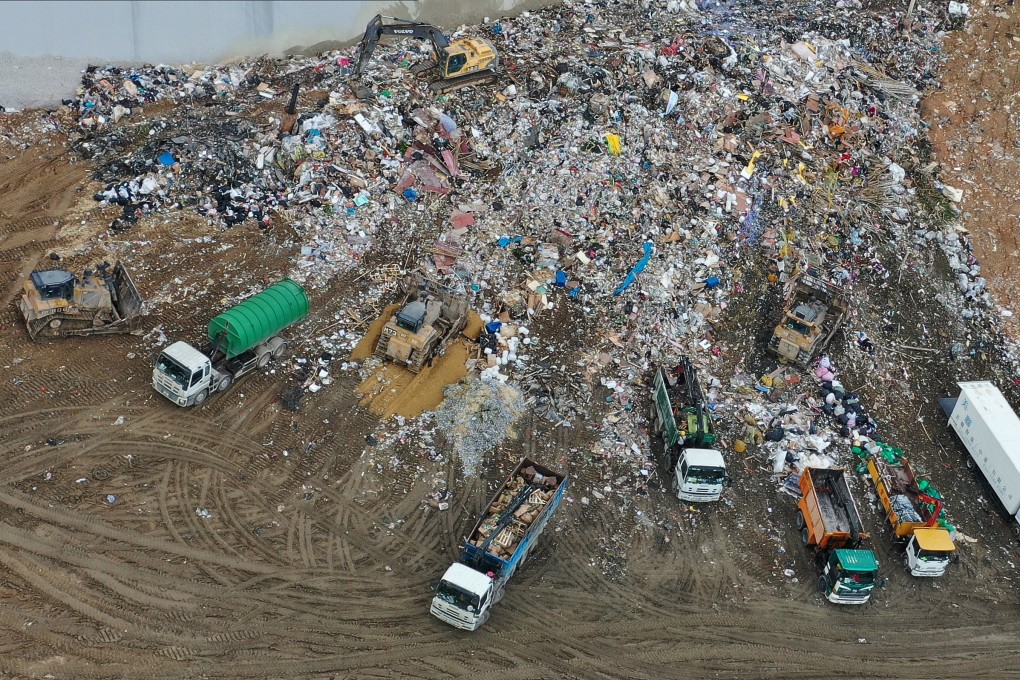Advertisement
Opinion | Beyond a plastic ban, Hong Kong should take an ‘earthshot’ at zero waste
- True creativity involves considering the entire life cycle when designing products, ensuring all that remains after use are ‘nutrients’, either for nature or other products
- But this requires the government to educate, invest and work with manufacturers
Reading Time:3 minutes
Why you can trust SCMP
4

Hong Kong’s plastic ban from next year is a statement of the city’s seriousness about building a responsible and forward-thinking society.
From Earth Day on April 22, the sale and free distribution of disposable plastic will be banned, including dine-in styrofoam and plastic tableware, umbrella bags, and hotel bottled water and toiletries. A second phase in 2025 will extend the ban to takeaway containers, table covers and even dental floss with plastic handles.
The decision comes after it emerged that an estimated 60 tonnes of used rapid antigen test kits went into Hong Kong’s landfills every day during the Covid-19 pandemic, completely sidelining the city’s anti-plastic initiatives – not to mention the surge in plastic use with the increase in food takeaways and deliveries.
Advertisement
How much impact would the citywide plastic ban have? With plastic accounting for 21 per cent of the municipal waste going into landfills, the ban could cut such waste by more than 2,300 tonnes a day. And not just any waste, but toxic, non-degradable waste. This is a step in the right direction. But we should go further. How about if we rethink the meaning of waste?
In 2002, German chemist Michael Braungart and US architect William McDonough published the book Cradle to Cradle: Remaking the Way We Make Things to push for the regenerative use of commercial products and the end of waste.
Advertisement
This is opposed to the “cradle to grave” consumption model where resources are extracted from nature to make products that end up being thrown away, their graveyard an incinerator and/or landfill. Rather, it is about making products that can ultimately return to nature as nutrients.
Advertisement
Select Voice
Select Speed
1.00x
